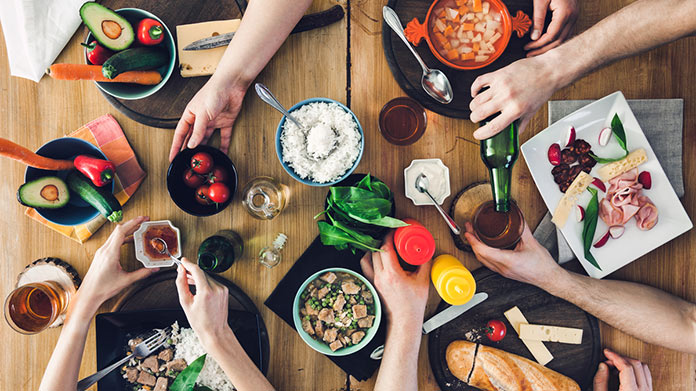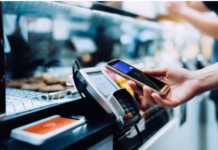Running a food business is exciting but comes with many risks. Most risks are unavoidable, so you should minimize the financial implications by getting insurance for restaurants. Food business insurance policies can come with extra costs but compensate your investment in case of accidents, preventing losses. Here are some common types of insurance covers for the food business.
1. Workers’ Compensation Insurance
Workplace injuries are common, especially when working with sharp objects like knives in a restaurant. As an employer, you are liable for your employee’s safety at work. You may need to cover the medical and injury rehabilitation costs for any employee injuries.
Workers’ compensation insurance covers all injury costs, allowing you to continue running the restaurant. This can help you satisfy the law without the risk of going out of business due to the hefty expenses.
Note: Verify that you adhere to your state’s workers’ compensation insurance requirements as they vary in different locations.
2. General Liability Insurance
General liability insurance covers your food business from legal responsibility for any harm to someone else. The coverage includes bodily injury and property damage that occurs on your premise. You can get coverage for risks associated with restaurant advertising.
Read Also: Preparation for Competitive Exams Without Taking Any Classes
Newly-mopped floors are slippery, which can cause falls resulting in fractures or a concussion. Your insurer should cover your legal fees and settlement to help you save the day. Such hefty costs may otherwise cripple your small food business unless you sort all of them out.
3. Commercial Property Insurance
Commercial property, including your premises and furniture, can stall business if damage or accidents occur. Commercial property insurance covers the repair and replacement costs for any of your business’s items. Your insurer covers the replacement costs for your restaurant if the building burns down. The insurer offers cover for vandalism and theft cases to help your business remains operational.
4. Cyber Liability Insurance
Food businesses have access to a huge database of customer data from card transactions and online payment methods. Such information should remain confidential at all costs, but cyber-attacks can cause harm. Getting cyber liability insurance protects your business in case of data breaches or if client information is exposed.
Your insurer takes care of costs to mitigate the damage after a data breach. Cyber liability insurance prevents your business from being liable when client information leaks.
5. Business Interruption Insurance
Interruption of the normal business flow can result in a loss of revenue for your restaurant. Kitchen fires might force restaurant closure for days to handle repairs. Any earnings you would normally expect do not occur, although bills might remain the same.
Business interruption insurance compensates your business when you are closed. The insurer covers expenses like payroll and repair costs until you can get your business up and running again. To help cut the losses, the insurer might get you a temporary location to operate from before the renovation is complete.
6. Business Owner’s Policy
Aside from covering your employees and business, you, as the business owner, need protection from uncertain circumstances. Any occurrence in your small business may result in an expensive lawsuit or cause an unexpected financial hit. You should get business owner’s insurance to protect you from different types of liability. This policy combines property and liability coverage into one insurance package.
7. Food Contamination Coverage
Mishandling food or poor storage can result in illness-causing bacteria and food poisoning for clients. The law is strict about food contamination. Health authorities may suspend your food business’s operations as they investigate the claim, resulting in losses.
Food contamination insurance helps replace the contaminated food and equipment clean-out costs. The insurer compensates for income losses from the restaurant closure and caters to advertising costs to help rebuild its reputation.
8. Food Spoilage Insurance
There is a chance of losses in any food business through food spoilage. While most losses can be mitigated by cooking in fair quantities, unexpected occurrences can cause food spoilage. A prolonged power outage can make food in freezers and fridges go bad, resulting in significant losses.
In such cases, food spoilage insurance shields your business and offers compensation for these damages. The cover protects your business from loss or having to cater to new raw food purchases.
9. Liquor Liability Insurance
If you sell liquor alongside food in your restaurant, you need liquor liability insurance. This covers costs associated with damage done by an intoxicated customer that you served alcohol. You should train your staff on when to spot danger from intoxicated persons and how to mitigate it.
Get All Necessary Insurance for Restaurants
Running a food business is marred with risks that can cause significant financial loss should they occur. To prevent losses for your food business, you should get all the necessary insurance for restaurants. Your insurer handles any costs and compensates your restaurant, helping you to remain in business.







